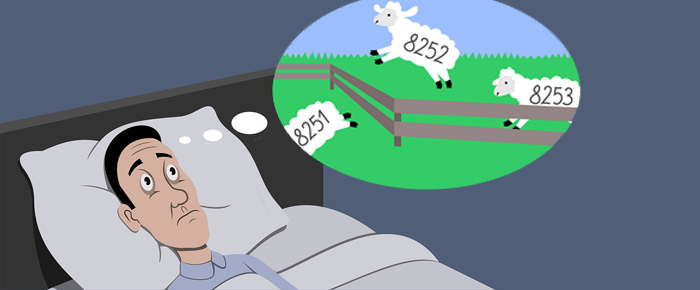
By Dr. Peter Kadile
Dear Dr. Kadile, I have difficulty sleeping sometimes. What is the minimum amount of time a person needs to sleep?
Joan, Indian Wells
Joan, adequate amount of sleep is extremely important for a person’s overall well- being. Poor sleep or not enough sleep adversely affects a person’s health, physically and mentally. The necessary amount of sleep needed varies from individual to individual, but studies have generally agreed that the average amount of time for quality sleep for an adult is seven to eight hours a night. Again, this can vary depending on age, gender and race. For example, my wife needs at least eight hours of sleep a night in order to function, while I can do well on six hours.
Whenever patients see me complaining about difficulty sleeping, I will start off by educating them about proper “sleep hygiene”. Lifestyle modifications are very important when treating insomnia.
-Establish consistent times when to go to bed and get up, maintain the schedule even on weekends
-Try and maintain a nightly, relaxing routine before going to bed
-Create a dark, quiet and cool environment that is conducive for sleep; comfortable mattress, pillow, sheets.
-Avoid watching television, using a computer or reading in bed
-Finish eating at least 2-3 hours before going to bed
-Exercise regularly
-Avoid caffeine, high carbohydrate and alcohol products close to bedtime.
Dear Dr. Kadile, what is a good dose for melatonin?
Ann, La Quinta
Ann, melatonin is a natural hormone supplement that can assist with sleep. It is not meant to be like a traditional “sleeping pill”. Melatonin is naturally produced in your brain and tells your body that it’s nighttime and time to go to bed and sleep. It works best for frequent travelers, shift workers or anyone that knows they are going to have a major shift in their sleep schedule.
Unlike sleeping pills, the higher the dosage of melatonin does not necessarily improve one’s sleep. I typically see over the counter dosages of melatonin ranging from 3mg to 10mg. Patients will frequently complain to me that they have taken the maximum available dosage and still have difficulty sleeping. The widely available over the counter doses are way too high. Melatonin should actually be started at the lowest possible dose, I recommend starting at 0.3mg to 1mg. Higher doses of melatonin may actually disrupt sleep and may also cause headaches, nausea, dizziness, or irritability.
Dear Dr. Kadile, I am having trouble going to sleep. My uncle tells me to just have a cocktail or two before bedtime. Is that a good idea?
Ron, Palm Springs
Ron, no, it’s not a good idea. While alcohol can cause drowsiness and sleepiness, it actually disrupts quality sleep by interfering with REM (rapid eye movement) sleep. REM sleep is when we dream and is the restorative part of sleep. Drinking alcohol before bed, not good.












































